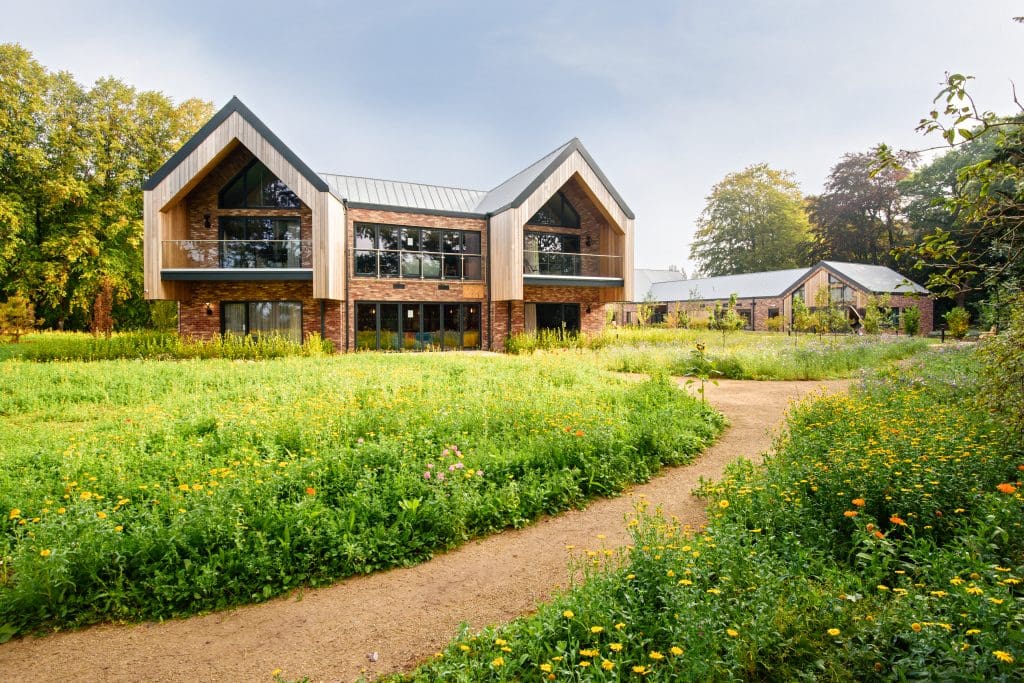-
Call Us: 0330 111 2015


Jump to a section ▼
› Introduction
› What causes a drug or alcohol relapse?
› Relapse triggers list
› Do you need support?
Speak with our admission team
Call now on 0330 111 2015If you ever experience a relapse in your recovery from drug or alcohol addiction, we will remind you that you don’t need to feel ashamed, or feel like you are a failure. To try and overcome a return to addictive behaviours, we look closely at the reasons and triggers that could affect you in the recovery phase.
There is a basic acronym which any addict in recovery should know. It’s called ‘HALT’, which stands for:
This may sound obvious, but taking care of these simple human needs – food, negative emotions, companionship and sleep – can make recovery less turbulent. It means that you would have these needs satisfied, rather than trying to plug them with substances that you are working to avoid in your life.
Aside from HALT, there are further addiction triggers that are shared amongst many who are addicted to alcohol or drugs. By becoming aware of these triggers (and avoiding them as much as possible), and by observing the warning signs, it could help you to stay focused on your recovery.
The common addiction triggers are:
Having to sit with your thoughts without numbing them can be a difficult time for those with an addiction. Those who go through recovery often talk about a period of grief after their detox, which is why it is important to have the right support network such as a counsellor, regular groups, and loved ones who understand.
Always bubbling below the surface, stress is something that needs to be acknowledged, addressed and communicated. It could be a collection of little things, or one thing that really gets you worried. Whatever it is, internalising the stress won’t be helpful in the long-term for your recovery.
The words ‘stay humble’ are important for those in recovery. That’s why some of those who have been through addiction then commit themselves to helping others get to the other side. Being proud of what you have achieved is so important to keep you committed to your healthy future, but remember you are not invincible, and it’s essential to stick to the recovery plan so you stay on track.

Staying well isn’t always possible, and there will be minor illnesses that crop up from time to time. Communicating these with your medical practitioners is important; the goal is to get better the right way, rather than self-medicating with drugs or alcohol. The same is true for any chronic illnesses or mental illnesses; these should be addressed carefully with medical supervision.
Being alone (as seen in HALT) can be difficult. Stay connected with those who are important to you. It may be attending a support meeting, having a coffee with a friend, or meeting somebody new at a hobby or club.
We all know that there are plenty of ups and downs in a relationship. This is why extra care should be taken in the first year or so after recovery. Arguments, fights and so on; these can all be triggers to start using again.
It isn’t just the stress of work that can be a trigger; it can be positive action too. This could include a pay rise or a promotion – anything where you feel like you may accrue extra pressure, or you simply don’t feel like you ‘deserve’ it because of your past actions. If your employer thinks you do, then you do!
Try and avoid thinking about the times gone by when you were using. The mind has ways of making a situation more glorified than it was at the time; the mind takes away some of the rough edges and gives it a special glow. Ignore this, as your mind isn’t giving you the true story.
Finally, think about where you’re going and who you’re doing it with. Some of the ‘old crowd’ will likely have been phased out of your life through the rehab and recovery process, for good reasons. Some venues may still be triggering to you if you’re aware of the availability of substances you need to stay away from. Don’t worry about speaking up if you’d be more comfortable somewhere else.
 Detox safely in our medical facility
Detox safely in our medical facility
 Free collection
Free collection Future-proof
Future-proofWe’re always here when you need us. If you’re currently experiencing any of these common reasons and triggers, get in touch with us and we can offer our support.

What way would you feel most comfortable talking to us? We have a contact form, website live chat, phone support, and can be reached by email: [email protected].
Start your recovery journey by calling our admissions team today.
Confidential. Straightforward. Friendly.